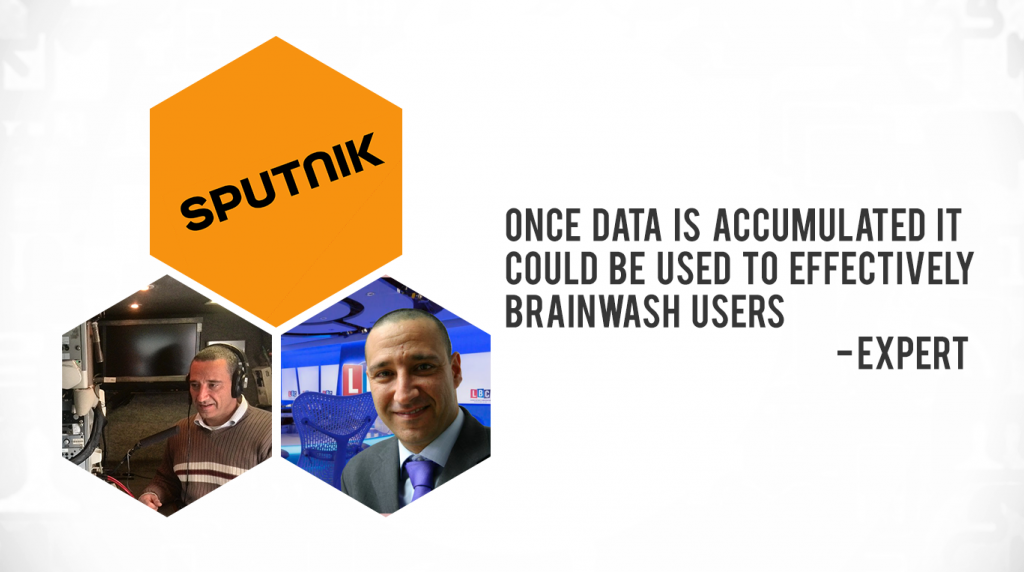Data collection by social media companies and the misuse of it have been making rounds in the news recently. People love social media because it serves as a platform for free speech and helps them connect with one another.
At the beginning, social media companies used to say that they had been driven by a desire to create openness and transparency. It seems, however, that at least for some, the desire to enhance openness and transparency had excluded the need for internet companies to disclose what they do with our data.
Recent discoveries of the way companies such as Facebook have been conducting themselves, and their attitude towards handling users’ data helped expose the opaque nature of those who preach for openness and transparency. It appears that more of us are becoming skeptical about those messages of openness and transparency. We don’t really believe them anymore. Those messages had been fake.
Facebook, which in many people’s minds is turning from a friend to a spy has much to answer for.
Whilst claiming that its relentless collection of users’ data was intended for the purpose of improving users’ experience (and by definition, in the best interest of its users), it was last year exposed as one of the world’s most ruthless data merchants. It is that careless attitude towards its users’ data that turned Facebook into the world’s largest distributer of fake news.
In the past couple of years, the phrase “fake news” acquired a whole new meaning. For many, the phrase used to describe light political manipulation by the mainstream media. For example, by the BBC or the Guardian who used to manipulate news stories with an aim to promote so called left wing liberal, compassionate views.
Nowadays, fake news is a tool used by nearly everyone who wishes to influence and promote any political views. In terms of what, it includes social media companies telling their users fake stories about what they do with their data, or about political parties smearing opponents. In terms of where, it includes distribution of fake news to billions of people through social media.
If the BBC was able to manipulate tens of millions of viewers at a time or the Guardian did the same to hundreds of thousands, with social media companies providing a vehicle to carry fake news across the world, the reach of items of fake news is now global and unquantifiable.
Ironically, the fastest growth of fake news is on social media platforms which had been founded on values of truth, honesty and transparency.
The collection of users’ data, the ability to organise and categorise it in a precise way, has made it so much easier to feed individuals through social media with fake news and with all sorts of other manipulating information.
The big question is, do people really care about social media mind manipulation or have we now become so used to being lied to and manipulated, that this whole thing simply goes over our heads? It is hard to tell. What is likely however, and will require further research, is that people of my age, (I have just turned 50) appear to still be less susceptible to mind manipulation via social media than the younger generation. The generation that grew into social media, has grown right into the lies and the mind manipulations. They know no different and as such they seem to either believe everything they read or they believe nothing at all. Either way, I don’t envy them as they must feel very confused.

